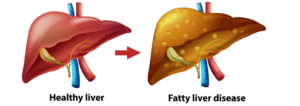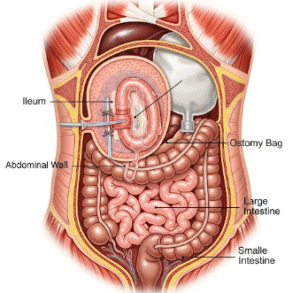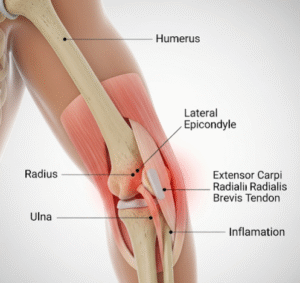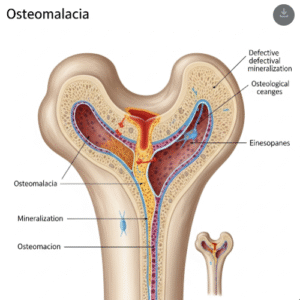Overview
Motor Neuron Disease (MND) is a rare but serious neurological disorder that progressively damages the motor neurons—nerve cells responsible for controlling voluntary muscle movement. In Korea, awareness of MND has been growing due to increased research, early diagnostic advancements, and specialized care available in leading hospitals. Though the disease has no known cure, Korea offers advanced medical treatments, rehabilitation programs, and supportive care to help patients maintain quality of life.
What is Motor Neuron Disease?
Motor Neuron Disease (MND) is a group of neurodegenerative disorders that affect the motor neurons in the brain and spinal cord. The most common type is Amyotrophic Lateral Sclerosis (ALS), also known as Lou Gehrig’s disease. As the condition progresses, patients gradually lose the ability to move, speak, swallow, and eventually breathe without assistance. MND typically affects adults between the ages of 40 and 70, though younger cases can occur.
Symptoms
- Muscle weakness (often starting in hands, arms, or legs)
- Muscle cramps and twitching (fasciculations)
- Difficulty speaking (slurred speech)
- Difficulty swallowing (dysphagia)
- Progressive weight loss and muscle wasting
- Breathing difficulties in later stages
- Emotional and cognitive changes in some patients
Causes
The exact cause of MND is not fully understood, but several factors are believed to contribute:
- Genetic mutations (e.g., SOD1, C9orf72)
- Abnormal protein buildup in motor neurons
- Environmental triggers such as toxins or viral exposure
- Oxidative stress and nerve degeneration
Risk Factors
- Family history of MND (5–10% of cases are inherited)
- Middle to older age (40–70 years)
- Male gender (slightly more common in men)
- Military service or exposure to toxins (observed in some studies)
- History of head trauma
Complications
If untreated or unmanaged, MND can lead to:
- Severe disability due to progressive muscle weakness
- Malnutrition and dehydration from swallowing difficulties
- Respiratory failure (leading cause of death in advanced stages)
- Increased risk of infections such as pneumonia
- Emotional and psychological distress, including depression and anxiety
Prevention
Currently, there is no known way to prevent MND. However, early diagnosis and timely management can delay progression and improve quality of life. Preventive strategies mainly focus on:
- Regular neurological check-ups if there is a family history
- Genetic counseling for at-risk individuals
- Avoiding exposure to toxins and maintaining a healthy lifestyle
Treatment Options in Korea
South Korea offers some of the most advanced care options for MND in Asia, with a combination of modern medical therapies, rehabilitation, and supportive treatments.
- Diagnosis
- Electromyography (EMG) and nerve conduction studies
- MRI scans to rule out other neurological conditions
- Genetic testing for hereditary MND
- Laboratory tests to assess muscle and nerve function
- Medical Treatments
- Riluzole: A medication that can slow disease progression
- Edaravone: Approved in Korea, helps reduce oxidative stress on motor neurons
- Symptom management medications for muscle cramps, spasticity, and emotional changes
- Rehabilitation and Therapy
- Physiotherapy to maintain mobility and reduce stiffness
- Speech therapy for patients with communication difficulties
- Occupational therapy to support independence in daily activities
- Nutritional support through feeding tubes if swallowing becomes impaired
- Respiratory Support
- Non-invasive ventilation (NIV) for breathing assistance
- Tracheostomy and mechanical ventilation in advanced cases













